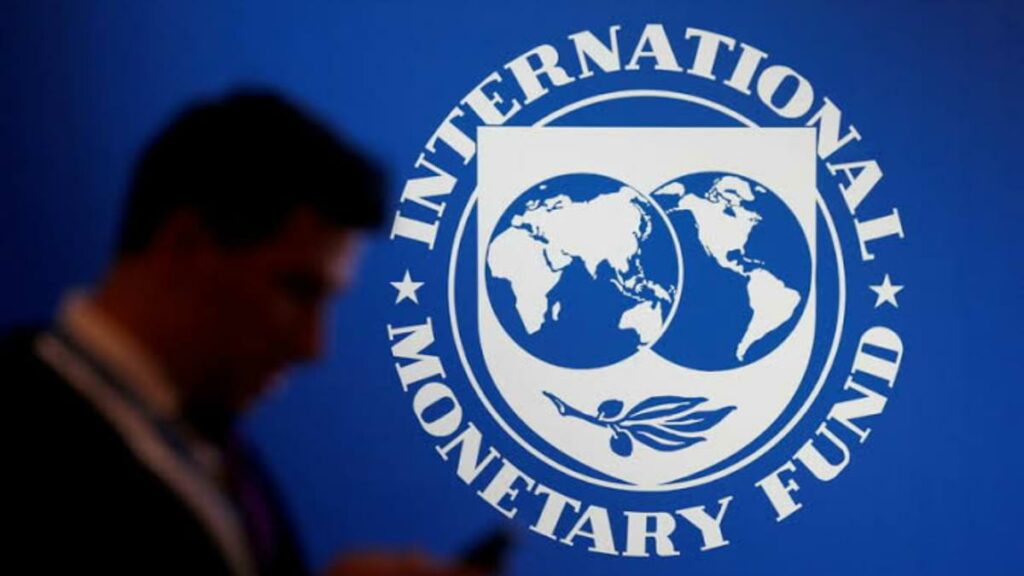The International Monetary Fund (IMF) has proposed a nine-point action plan for how nations should handle digital assets, with point one urging against making digital currencies like Bitcoin legal tender.
According to the IMF’s press statement, on February 8, 2023, the Executive Board of the International Monetary Fund (IMF) addressed a board paper on “Elements of Effective Policies for Crypto Assets.”
The crypto community appears to have had varied feelings about this. One of the important topics covered is the fact that countries around the world should not recognize digital assets as official currencies.
Directors generally agreed that, in order to protect monetary sovereignty and stability, crypto assets should not be designated as official money or legal tender. Instead, they urged nations to explain their tax policies and comply with international standards.
Other recommendations on Thursday’s list, which comes as G20 decision-makers gather in India, included preventing excessive capital flows, adopting concise tax regulations and laws regarding crypto assets, and creating and enforcing oversight standards for all participants in the cryptocurrency market.
Laying out its Executive Board’s assessment, the IMF said directors applauded the proposals and agreed that the widespread adoption of crypto assets “could undermine the effectiveness of the monetary policy, circumvent capital flow management measures, and exacerbate fiscal risks.”
Strict bans are not the first-best option: IMF

The fund claimed that following the failure of several cryptocurrency exchanges, businesses, and assets, particularly in 2022, such activities have become a priority for regulators and that continuing to do nothing is now “untenable.”
As the directors noted in their perspective, the IMF might be a thought leader in future analytical work on the quickly changing trends in crypto assets. They emphasized the value of encouraging continual knowledge exchange and lessons learned from real-world implementation challenges.
Impressively, the IMF statement went on to say that regulations shouldn’t stifle innovation and that governments can profit from the underlying digital technology, suggesting that it may not be fully in the IMF’s best interests to outright outlaw the relatively new asset class.
Meanwhile, the IMF slammed El Salvador in late 2021 when it became the first Central American government to adopt Bitcoin as legal cash, a move that the Central African Republic has since copied.
While some market participants applaud the recommendations, seeing them as a step toward increasing the legitimacy and acceptability of cryptocurrencies, others are concerned that the IMF’s ultimate goal may be to restrict, if not outright prohibit, their use.










